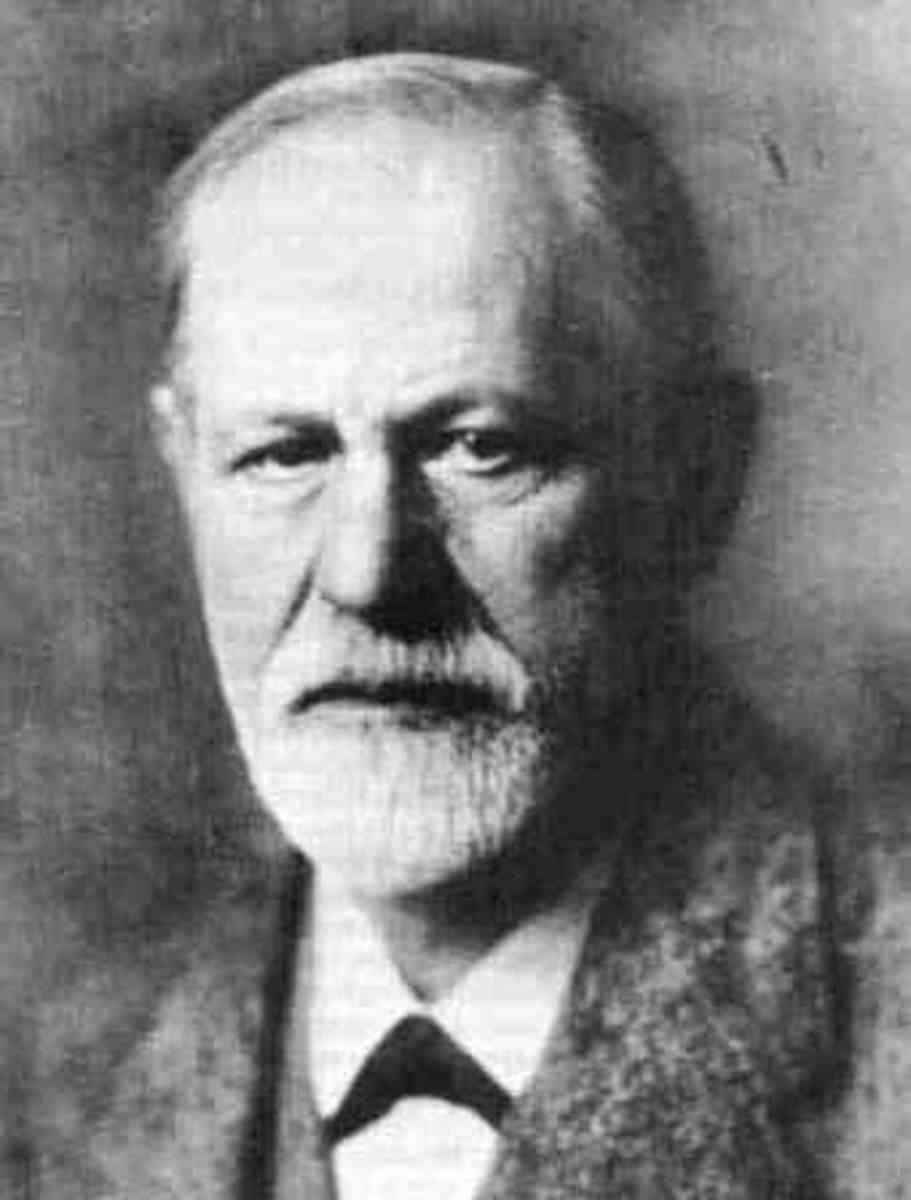Freud’s Model of Personality and the Eternal Human Conflict
Freud has many theories pertaining to the structure of the mind and personality which have now become a basis for many psychoanalytical practices in modern day psychology. One of the most profound of these theories expands upon his existing “iceberg” model of the human mind and explains the three aspects of the human personality and how they influence human behavior. In Freud’s topographical model of the mind, which is commonly referred to as his “iceberg” model, Freud details how the unconscious, pre-conscious, and conscious areas of the mind interact and what aspects of knowledge are housed in each arena.
The three aspects of human personality, the Id, ego, and superego, as termed by Freud, are all a part of the human unconscious mind which many are unaware of. Freud contends that it is these three aspects of the unconscious mind and human personality that have direct influence on the majority of human behavior as well as anxiety, conflict, and pain. In addition, Freud’s theory on the structure of personality asserts that these three aspects must be balanced in order for people to have a good level of psychological energy as well as positive mental health. According to Freud, it is achieving this balance and the pervasive conflict between the wants of the id and the moralistic regulation of the superego that defines the ongoing psychological battle that all humans face. In addition, it is the way in which an individual resolves this conflict between the want for instant gratification and the reasonability of long term results that often define a person’s character as well as the level of anxiety that a person faces.
The first aspect of personality that Freud describes in this model is the Id, which is the most foundational aspect of personality to be developed in a person’s lifetime which all humans are born with. The Id corresponds with the emotional and irrational part of the mind and correlates with self-gratification. The Id is the primitive part of the mind and contains all of our basic wants, needs, and emotions. Id is often equated with the term child because like a child, all it sees is want. It is governed by the pleasure principle and is the source of all psychic energy. When an individual’s Id is too strong, the person can become consumed with self-gratification and often appear insensitive to others.
The ego is the second aspect of personality that is described by Freud’s theory, and is developed throughout childhood as the rational part of the mind. This is the aspect of the human personality that comes from the awareness that the Id cannot always have everything that it wants, and is grounded in reality. Serving as a mediator, it is the ego that often negotiates between the wants of the Id and the moralistic embodiment of the superego. It is the job of the ego to deny both instant gratification and prolonged gratification in a reasonable manner that is suitable to both desires. Ego strength is a term used to refer with how well the ego copes with these continually battling forces. However, when the ego is too strong, a person can appear very rational and efficient but also cold, distant, and boring. This part of the human personality is often referred to as the executive or decision-making part of the mind.
- Understanding Seasonal Affective Disorder
During the winter months, a lot of people experience symptoms of sadness, boredom, depression, exhaustion and even burn out. These symptoms could be due to seasonal affective disorder. A lot of people don't... - Panic Puzzle Anxiety Treatment
Panic Puzzle is an anxiety treatment program that is intended to help people that have panic disorders. The program can be purchased online, and it consists of a manual and other supplemental materials that...








